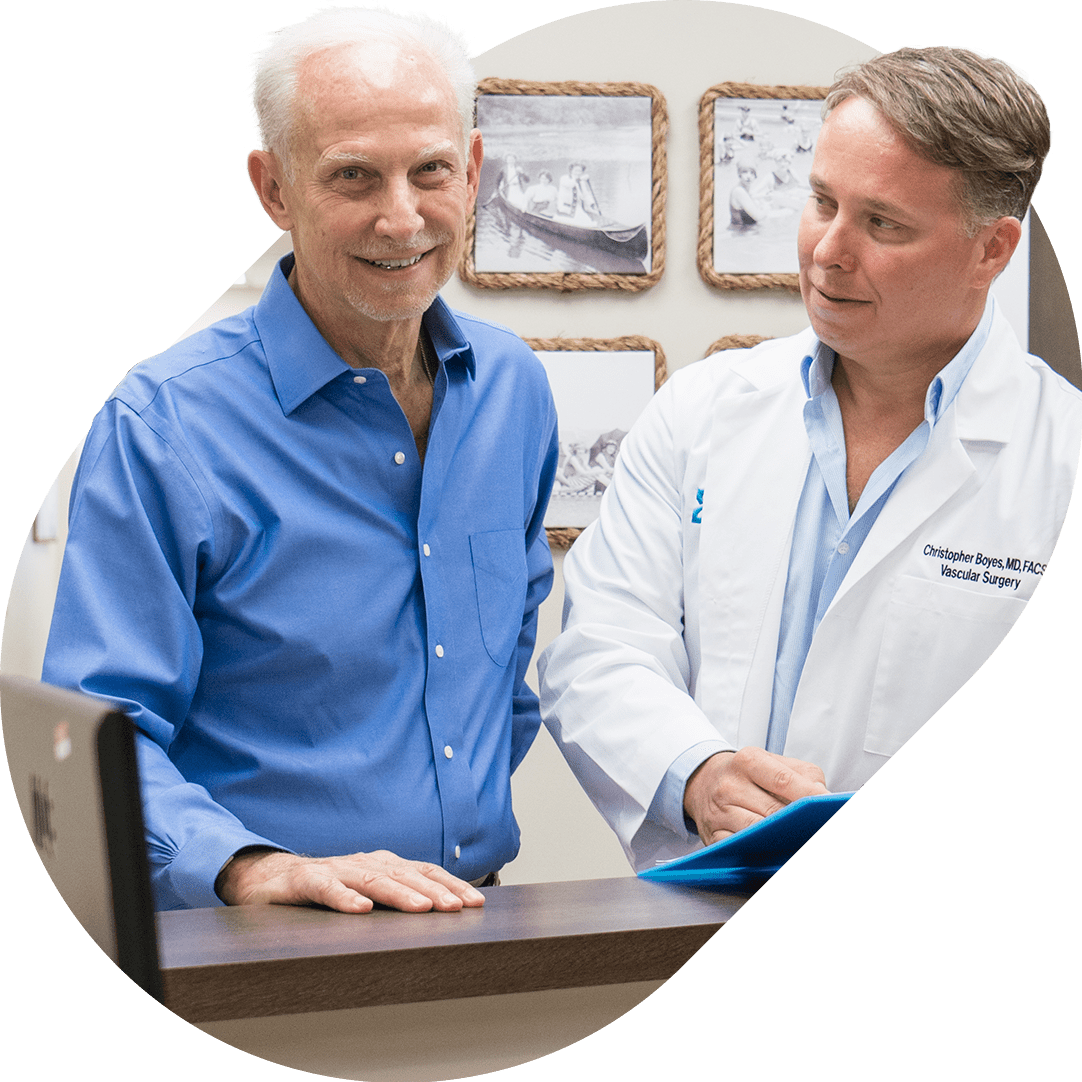
Most blockages in the carotid artery can be monitored with a periodic ultrasound. If the blockage becomes severe, it can increase your risk of a stroke. If this occurs, treatment may be required to reduce your risk of stroke. Treatment can be either surgery or a stent – this depends on your particular disease and other medical risk factors. If your blockage is not severe, we will prescribe certain medications to reduce the risk of stroke by suppressing inflammatory changes that often occur with this blockage. These medications will not prevent the blockage from getting worse with time.
Unfortunately, carotid artery disease (or CAD) is a silent disease process. The first clinical sign of CAD is a stroke or Transient Ischemic Attack (TIA), often referred to as a mini-stroke. However, CAD can be found prior to symptoms of stroke or mini-stroke. This can be found through a good thorough physical exam, as well as through an ultrasound of your carotid arteries.
If you have any of the above stated risk factors, ask your doctor about being evaluated for carotid artery disease.
Call us now to learn more or to schedule an appointment.

Subscribe to our newsletter